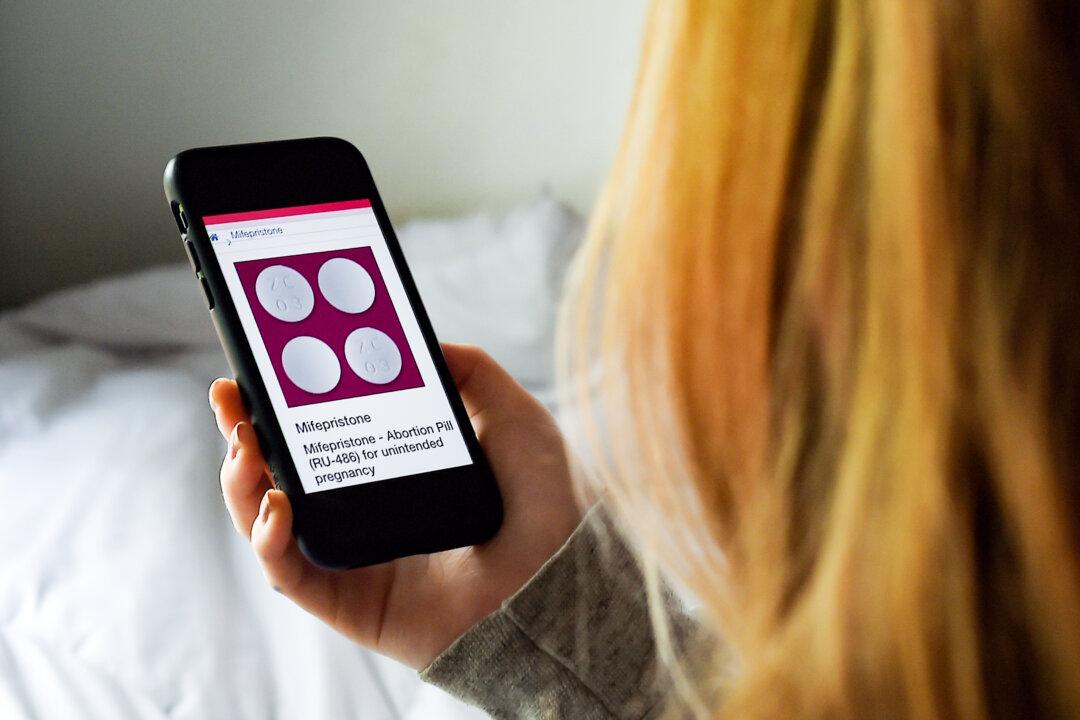Louisiana Gov. Jeff Landry on Friday signed a first-in-the-nation bill designating the abortion drugs mifepristone and misoprostol as controlled substances, requiring a prescription to obtain them and making their use on an unsuspecting mother a crime.
Mr. Landry signed the bill (SB 276) into law on May 24, a day after it cleared the Louisiana Senate and was sent to his desk for what was widely expected to be quick action.





